You don't need to write custom mediators, you can transform SOAP to rest calls, sample with a rest service waiting for 2 parameters like
param1=value1¶m2=value2
<!-- prepare data for org.apache.axis2.transport.http.XFormURLEncodedFormatter message formatter -->
<payloadFactory media-type="xml">
<format>
<soapenv:Envelope xmlns:soapenv="http://schemas.xmlsoap.org/soap/envelope/">
<soapenv:Body>
<root>
<param1>$1</param1>
<param2>$2</param2>
</root>
</soapenv:Body>
</soapenv:Envelope>
</format>
<args>
<arg evaluator="xml" expression="$body/node1/node11/text()"/>
<arg evaluator="xml" expression="$body/node1/node12/text()"/>
</args>
</payloadFactory>
<!-- set output format -->
<property name="messageType" value="application/x-www-form-urlencoded" scope="axis2" type="STRING"/>
<property name="DISABLE_CHUNKING" value="true" scope="axis2" type="STRING"/>
<!-- call the REST endpoint with synch call : response is received in this sequence -->
<call>
<endpoint key="conf:endpoints/MyServiceEndpoint.xml"/>
</call>
<!-- the response is here, transform it has needed -->
<xslt key="myxsl"/>
<!-- send this response to the client -->
<property name="messageType" value="application/soap+xml" scope="axis2" type="STRING"/>
<!-- or test/xml and in this case, don't forget to specify a SOAP Action, below, a sample to specify a blank soapAction : -->
<header name="Action" value=""""/>
<send/>
Sample endpoint conf (with this sample, you need to define a property uri.var.ServiceURL in your sequence) :
<endpoint>
<http method="POST" uri-template="{uri.var.ServiceURL}/Path/2011-10-01"/>
</endpoint>
But if you really need your custom mediators, just replace payloadFactory and xslt mediators with them
